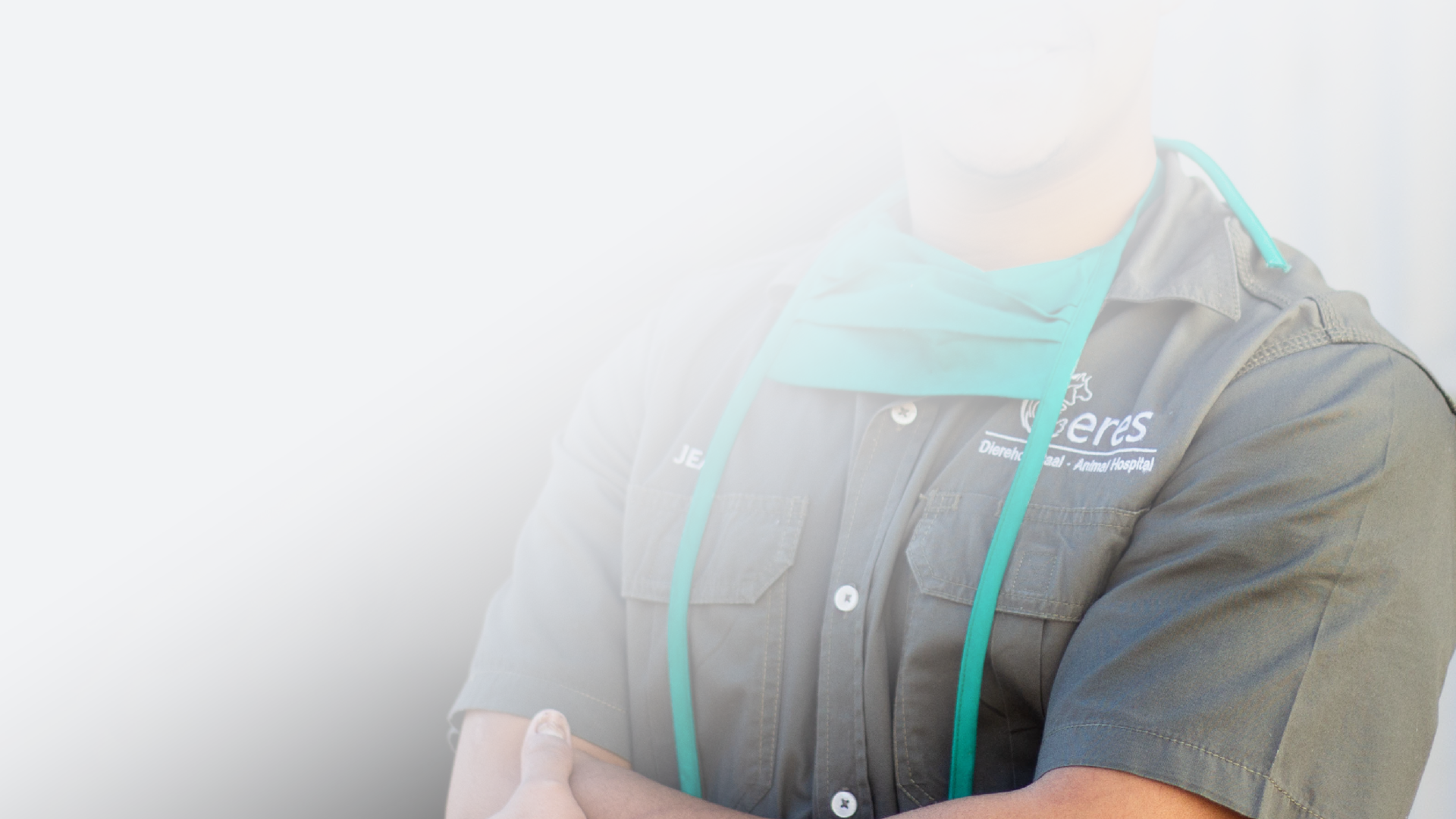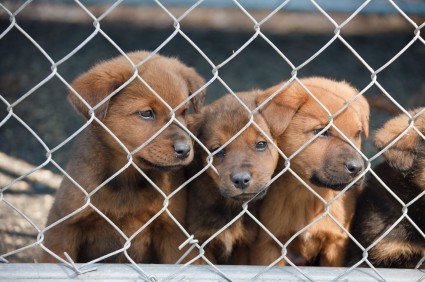 Nobody will dispute the cuteness of puppies or kittens. These adorable little creatures really pull at the heartstrings and appeal to young and old. However spending some time in a puppy or kitten shelter and seeing what undernourished or uncared for puppies or kittens look like, will make anyone who is serious about the well being of animals think twice about indiscriminate breeding.
Nobody will dispute the cuteness of puppies or kittens. These adorable little creatures really pull at the heartstrings and appeal to young and old. However spending some time in a puppy or kitten shelter and seeing what undernourished or uncared for puppies or kittens look like, will make anyone who is serious about the well being of animals think twice about indiscriminate breeding.
Vets often hear pet owners saying they would like to let their pets have at least one litter of puppies or kittens before having them sterilised. Two common reasons proposed are to have their children experience the process of an animal giving birth and having fun with cuddling the babies, and the notion that an animal needs to have babies in order for its physiological, hormonal and physical development to take place normally. The first reason of letting the kids experience the process, is a legitimate reason to breed if you make sure that you and your children take full responsibility for the whole process, including any possible complications along the way. The birthing process may start in the late evening and be done with by the next morning, letting your children experience very little of the process. If you are lucky enough that the process happens at a time when the kids are not at school, there may be complications which may be very upsetting for them. The mother may have difficulty in getting a puppy or kitten out and if you assist to pull out a pup or kitten which is half out or too large, you may be badly bitten or such puppy or kitten may die in the process of being handled. The possibility even exists that the mother, who is a favourite pet, may die during or after the birthing process because of complications. Puppies or kittens may be born with deformities which may require euthanasia. This could be very upsetting for children who do not fully understand long-term consequences. The flipside of the joy of having a new litter of puppies or kittens may be tragedy, and unless you are willing to let you kids experience the potential bad with the potential joy, then rather don’t breed at all.
The second reason is often cited in good faith by concerned and caring pet owners in a legitimate effort to give their pets the best in life. Research has shown that the opposite may in actual fact be true and that if one is not planning to breed with your animal regularly that it is in the animal’s best interest to have them sterilised before they come into season the first time. Complications like infections and cancer later on in life are much higher in animals that were used for breeding compared to animals that were sterilised before they came into season the first time.
So what are the considerations which should be taken into account if one decides to breed either once off, or more frequently?
Firstly, the quality of the offspring needs to be considered. In a world which is oversaturated with unplanned for and unwanted puppies and kittens, finding homes for non-purebred animals may not be as easy as you may think. If you are not a registered breeder but you have a purebred animal which comes from a good line, your offspring may be more valuable than a mongrel, but you will have to go through the process of registering the puppies or kittens with their respective purebred societies and The Kennel Union of South Africa (KUSA). Finding a suitable “partner” for your animal, which also has a strong and good pedigree and where there will be no chance of inbreeding will also take time and effort to research, arrange and implement. Sometimes, what looks like a match made in heaven on paper, may in actual fact turn out to be a disaster in real life if the animals involved do not like each other or simply do not get along. (Keep in mind that the best way of ensuring success if to bring the female to the male’s environment.) If you are not familiar with the breeding and registration process because you don’t “do it for a living”, the process may be difficult and cumbersome. Considering an animal which is registered as a purebred as good breeding material, is a grave mistake. Most animals, even if they are purebred, should not be bred. Only animals which will markedly improve the breed because of special characteristics associated with such a breed, should be bred.
A second consideration is the process of creating the correct and suitable breeding environment in terms of heating and protection for the newborn babies. You will also have to make sure you budget enough time for having to oversee the whelping or kittening process and for dealing with any possible complications during and after the process. This includes the care of the mother and babies right from when they are born up to when they are weaned and ready to be sent to their new homes. You can budget for spending between 8 to 10 times more hours on your animal if you decide to breed them than what you would normally do. Also, remember that dogs and cats do not have scheduled hours or structured days like we do. An emergency may occur at 2 am in the morning and the aftercare may mean that you may have to take off a day or two from work, should the need arise. If you consider picking up dog stools a cumbersome and unpleasant task, multiply this by itself a number of times when your bitch has puppies. It can become a really messy business.
Thirdly there is the cost factor. Having to advertise the new puppies or kittens costs money, and the cost of advertising combined with the extra expense of feeding mom and babies, stud fees and having the first vaccinations and deworming done, may easily devour any potential profit you may have made from your crop. Should you have the misfortune of an emergency caesarean or sick puppies or kittens which require intensive care in the first few weeks of life, it may in actual fact end up costing you a lot more than what you had anticipated or budgeted for in the first place.
Let’s say all goes well for the first six to eight weeks and mom and babies are healthy and well and have their first vaccinations and deworming and are ready to be sold, but they don’t sell. What are you going to do if you end up with a number of puppies of kittens that you cannot find homes for? Are you going to take them to your local welfare organisation and make it someone else’s problem? Are you going to give them away to homes that may not have the means or education to look after them with the necessary care or love? Or are you simply going to dump them somewhere in the hope that a good Samaritan will find them? Often times the people who were adamant that “if your dog or cat ever has puppies or kittens, I want one of them!”, have a hundred and one excuses why they cannot take that puppy or kitten when push comes to shove.
If you decide to breed, you will have to take full responsibility for the new lives you are about to create. Will you be willing to make some hard decisions and turn down potential buyers, if they do not have the right credentials? Will your puppies or kittens be properly cared for, vaccinated, fed, securely contained and loved the way you love your dog or cat? Will you allow your puppies or kittens to go to homes where they will not be sterilised and indiscriminately bred every time they come into season, adding to the thousands of unwanted puppies or kittens having to be destroyed every year by humane societies.
Think well before you decide to breed!
© 2018 Vetwebsites – The Code Company Trading (Pty.) Ltd.


